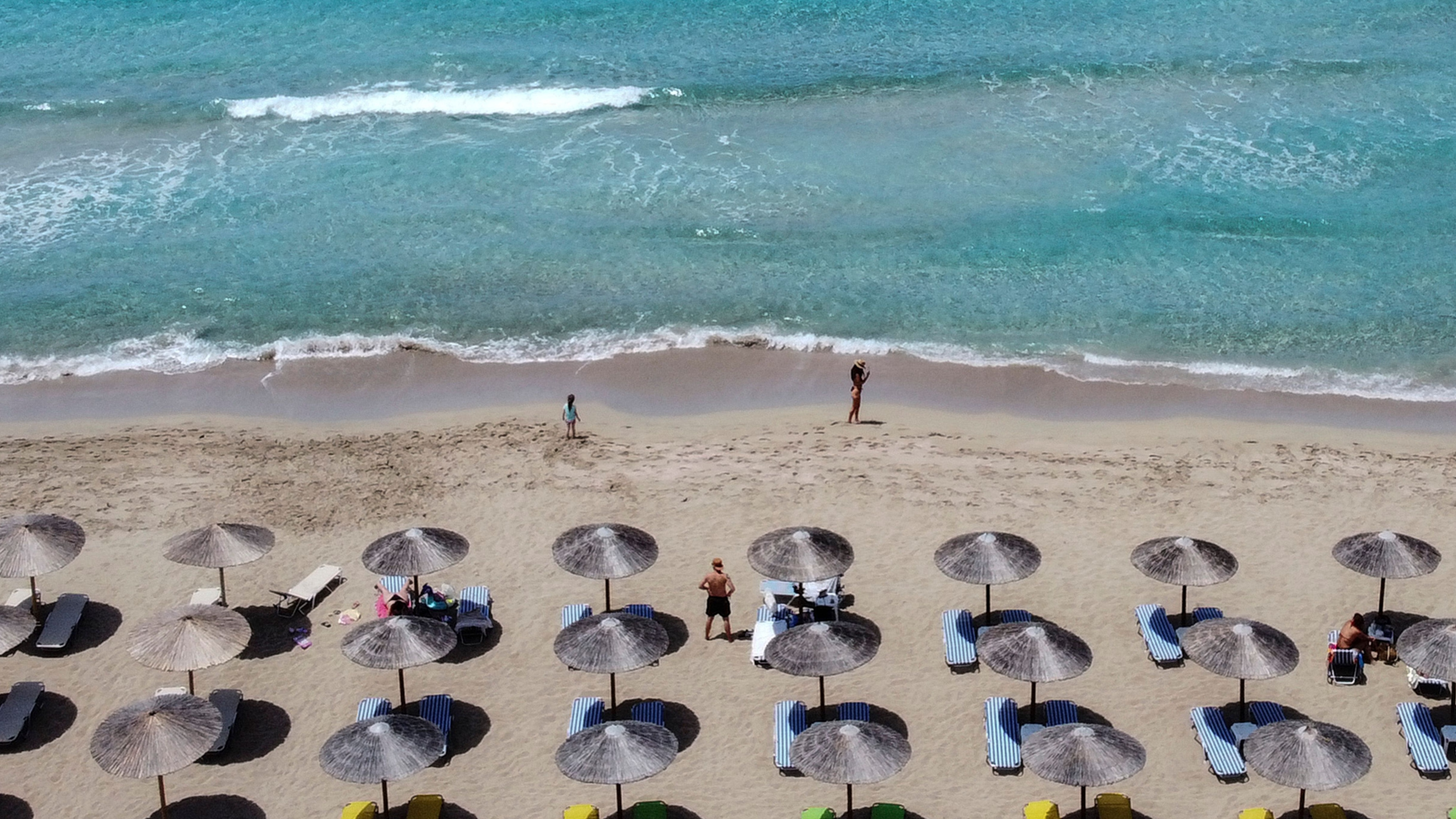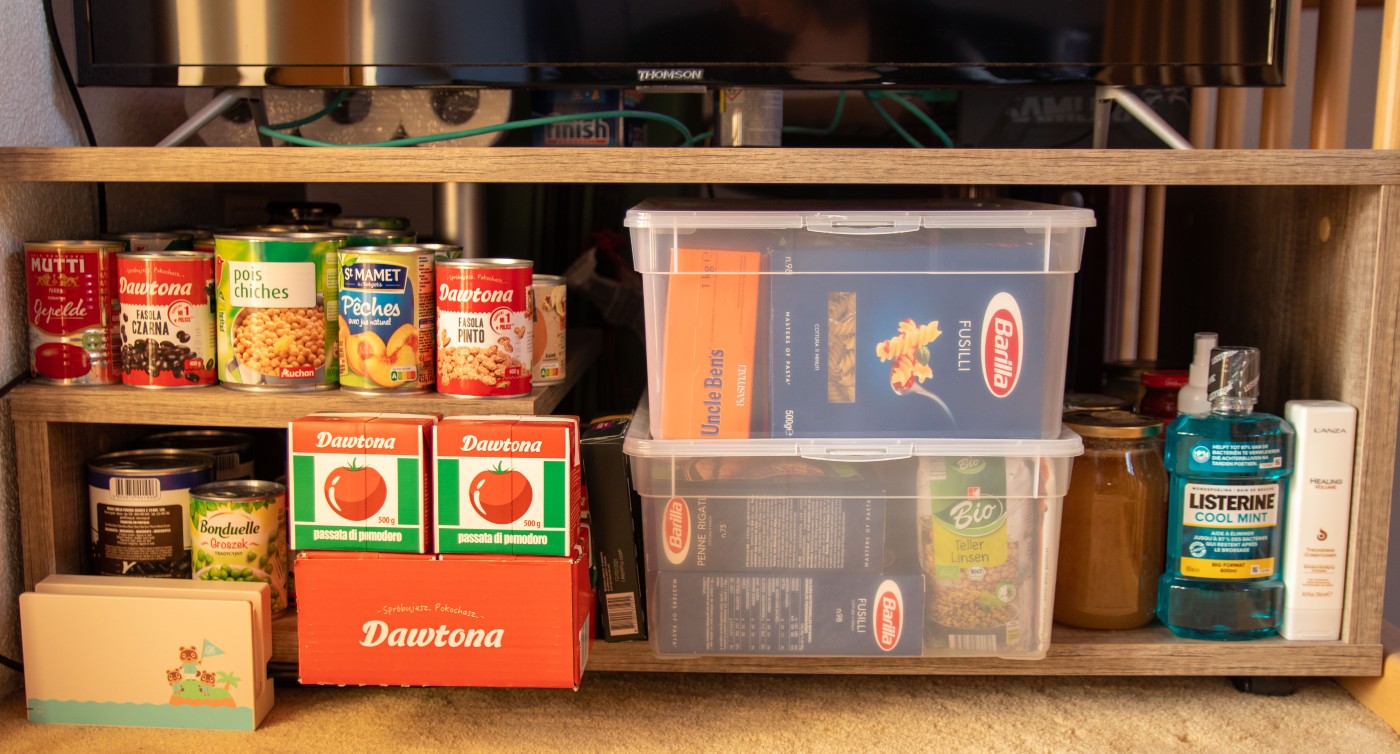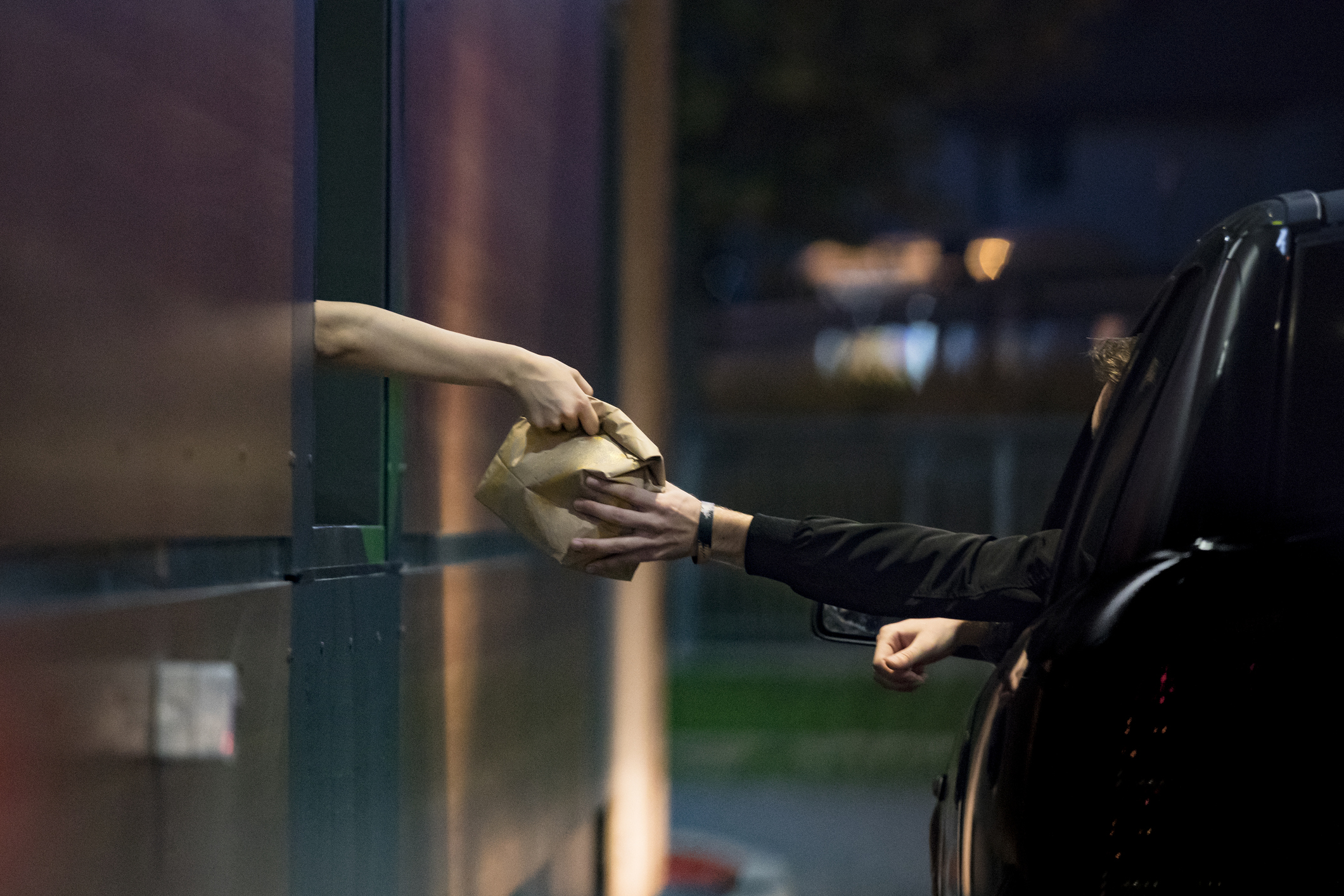What does ethical travel look like now?
Travel for the double-jabbed may become easier - but is it possible to travel ethically during a pandemic?

A free daily email with the biggest news stories of the day – and the best features from TheWeek.com
You are now subscribed
Your newsletter sign-up was successful
A year and a half into the global Covid-19 pandemic, countless foreign holidays, work trips and family reunions have been delayed or cancelled.
And despite high vaccination rates in the UK – 64.5% of the population is now fully vaccinated – it seems many Brits are still reluctant to fly to a foreign destination. Bookings are 83% lower than pre-pandemic levels, Reuters reported.
Much of the reluctance to travel abroad may be linked to the government’s much maligned travel lists, but a new system based on the vaccination status of travellers could be in the works, according to Sky News. The government red-list could be scrapped and replaced by a simpler two-tier system, while day-two PCR tests for the double-jabbed could be dropped.
The Week
Escape your echo chamber. Get the facts behind the news, plus analysis from multiple perspectives.

Sign up for The Week's Free Newsletters
From our morning news briefing to a weekly Good News Newsletter, get the best of The Week delivered directly to your inbox.
From our morning news briefing to a weekly Good News Newsletter, get the best of The Week delivered directly to your inbox.
But as the pandemic continues to affect large swathes of the globe, is it possible to travel safely and ethically?
The risk of transmission
With high rates of vaccination in the UK, fully vaccinated people may feel that travelling abroad is now relatively safe. But just as double vaccination does not completely eradicate the chances of infection, neither does it remove the possibility of passing on the Covid-19 virus to someone else.
“Individuals who are vaccinated have protection – although not 100% protection – against developing the severe disease if infected with SARS-CoV-2,” Amy McGuire, professor of biomedical ethics at Baylor College of Medicine in Houston, Texas, told HuffPost.
A free daily email with the biggest news stories of the day – and the best features from TheWeek.com
“However, we are still generating evidence of how well different vaccines protect against transmission of the virus.”
The good news is that having the vaccine does appear to make passing on the virus extremely difficult – but not impossible. Early studies show that people who have received two doses of the Pfizer vaccine are “up to 78% less likely to spread the virus to household members than are unvaccinated people”, said Nature.
“It’s good news,” Natalie Dean, a biostatistician at Emory University in Atlanta, Georgia, told the scientific journal. “But it’s not quite good enough.”
That’s because it means that vaccinated people can still occasionally spread the infection, no matter their vaccination status.
The rise of variants
The spread of the Delta variant makes travelling safely more difficult, too.
A recent UK study shows that the Pfizer-BioNTech and Oxford-AstraZeneca vaccines both protect slightly less well against symptomatic disease caused by Delta than against that caused by Alpha.
“This could also mean a drop in how well they protect against transmission of Delta, but there is still a lot of uncertainty,” said Dean.
Access to vaccines
While many richer Western nations have high levels of vaccination and access to good healthcare, the same can’t be said for people living in many less economically developed countries around the world.
As The Washington Post noted, only 6% of the world’s population has been fully vaccinated, “leaving billions waiting for doses”.
And worldwide vaccination disparity is likely to continue for some time, according to Saskia Popescu, an infectious disease epidemiologist at the University of Arizona and George Mason University.
“Until you have worldwide access and adequate distribution of vaccines, then it’s going to inherently create inequity,” Popescu told the paper.
Travellers should therefore consider how well vaccinated their destination’s population is, and the robustness of its healthcare infrastructure.
Becoming ill, sick or injured while abroad could “add a potential burden” to already struggling or overloaded healthcare systems, warned Henry Wu, an associate professor of infectious diseases at Emory University School of Medicine, in the same paper.
Direction of travel
Overall, the ethics of travel “depends on where you live”, and where you are travelling to, argues Kelly Hill, a bioethicist and co-founder of the bioethics consulting firm Rogue Bioethics, in The Guardian.
If you are living and travelling from a country where “80% or more of the eligible population are fully vaccinated, and there is low overall incidence of Covid-19 both where you live and where you are travelling to” then, Hill argues, “it isn’t unethical”. But many countries around the globe are still struggling with high rates of infection.
Perhaps the best way to view travel is not as an ethical question, but rather as a “public health question of how best to minimize risk to yourself and to others”, said Dr Thomas Tsai, a surgeon and health policy researcher at Brigham and Women’s Hospital in the same paper.
This includes being considerate of, and following, local rules around testing, masks and social distancing, even if you’re fully vaccinated.
And then there is climate change
Famously, climate activist Greta Thunberg renounced air travel in 2019, crossing the Atlantic Ocean by boat to attend a United Nations global warming summit in New York. Should we all follow her example?
“Consider the aviation industry that produces between five and eight per cent of global emissions and impacts the climate most significantly,” wrote Matt Harker, a PhD candidate in theory and criticism at Western University, Canada, on The Conversation. Other estimates, however, put the aviation industry’s share at just 2%, meaning flying certainly isn’t the worst offender when it comes to carbon emissions.
What the break in global travel should allow us to do is rethink our “consumption behaviours, which includes where, when, how and why we travel”, argues Harker.
But if you’re concerned about reducing your own carbon footprint, then reducing the number of flights you take – or stopping altogether – is one of the most effective things you can do. This is because “more than 80% of the world's population never fly at all” said the BBC – and so proportionally, flying contributes far more greatly to travellers' carbon footprints.
Sorcha Bradley is a writer at The Week and a regular on “The Week Unwrapped” podcast. She worked at The Week magazine for a year and a half before taking up her current role with the digital team, where she mostly covers UK current affairs and politics. Before joining The Week, Sorcha worked at slow-news start-up Tortoise Media. She has also written for Sky News, The Sunday Times, the London Evening Standard and Grazia magazine, among other publications. She has a master’s in newspaper journalism from City, University of London, where she specialised in political journalism.
-
 What are the best investments for beginners?
What are the best investments for beginners?The Explainer Stocks and ETFs and bonds, oh my
-
 What to know before filing your own taxes for the first time
What to know before filing your own taxes for the first timethe explainer Tackle this financial milestone with confidence
-
 The biggest box office flops of the 21st century
The biggest box office flops of the 21st centuryin depth Unnecessary remakes and turgid, expensive CGI-fests highlight this list of these most notorious box-office losers
-
 Book reviews: ‘We the People: A History of the U.S. Constitution’ and ‘Will There Ever Be Another You’
Book reviews: ‘We the People: A History of the U.S. Constitution’ and ‘Will There Ever Be Another You’Feature The many attempts to amend the U.S. Constitution and Patricia Lockwood’s struggle with long Covid
-
 Why Irish traditional music is having a moment
Why Irish traditional music is having a momentIn The Spotlight Frustrations with isolation and technology credited for reviving 'auld' trad tunes
-
 A not-so-quiet place: Why is no one using headphones in public anymore?
A not-so-quiet place: Why is no one using headphones in public anymore?Under the Radar People are increasingly comfortable with both speakerphone and watching videos (very) out loud
-
 Gas masks and loo rolls: why 'preppers' are on the rise
Gas masks and loo rolls: why 'preppers' are on the riseUnder The Radar Doomsday community has expanded from 'Rambo wannabes' to 'Tesco regulars'
-
 Breathtaking: the Covid drama that may make you scream
Breathtaking: the Covid drama that may make you screamThe Week Recommends ITV three-parter is a 'tour de force' that exposes 'political complacency'
-
 The lasting changes of the post-pandemic dining era
The lasting changes of the post-pandemic dining eraThe Explainer The newest of new normals
-
 The celebrity winners of 2023
The celebrity winners of 2023In the Spotlight Girl power's still got it as Taylor Swift, Barbie and Britney all come out on top
-
 The Marvels flop: end game for superhero box office streak?
The Marvels flop: end game for superhero box office streak?In the Spotlight The 33rd film in the Marvel Cinematic Universe earned just $47 million on its opening weekend, prompting claims of 'superhero fatigue'